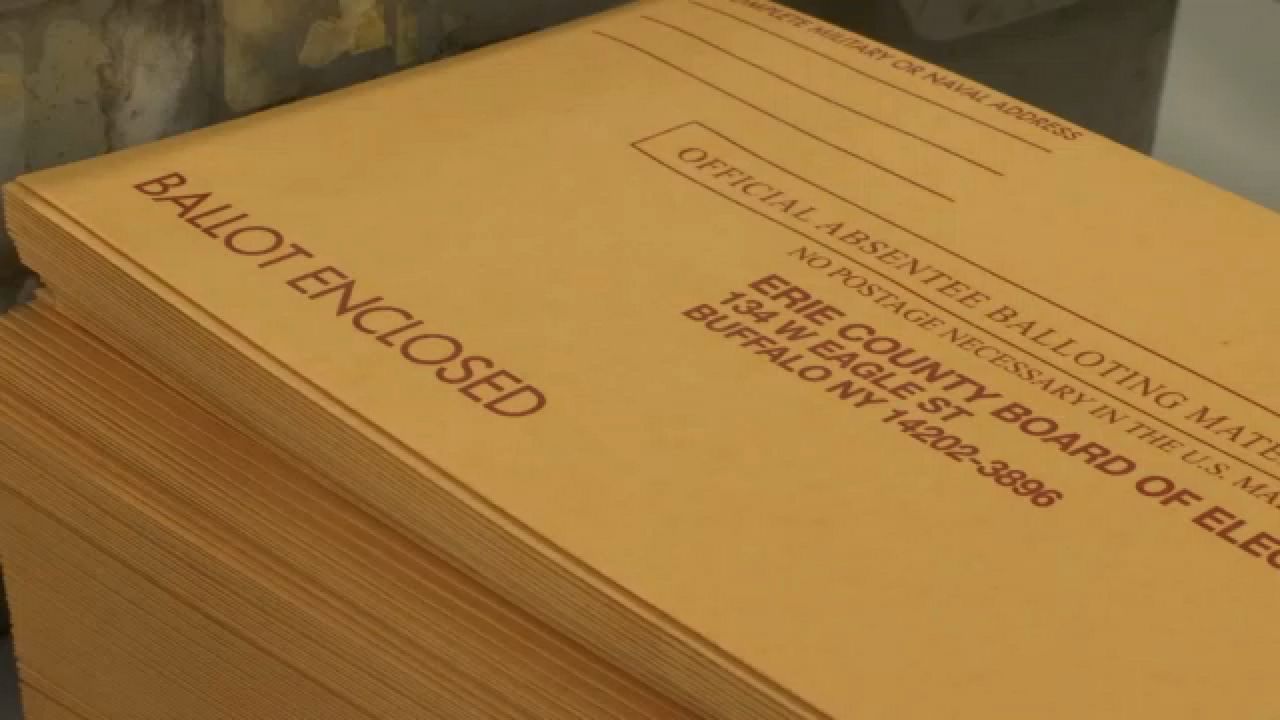A bill that would extend the availability of absentee ballots to anyone who is at risk of contracting COVID-19 was approved Wednesday in the Democratic-led state Assembly as officials seek to continue election changes put in place due to the ongoing public health crisis.
“As we go into the third year of a global pandemic, we cannot ask New Yorkers to risk their health in order to vote,” Assembly Speaker Carl Heastie said. “By extending this provision, we will allow New Yorkers to exercise their constitutional right to vote without worrying about exposing themselves, their loved ones and their community to COVID-19.”
The measure extends the absentee ballot provision for the pandemic to the end of 2022. It was previously approved in July 2020 and had expired at the end of last year.
“We have to make sure that every eligible New Yorker can easily exercise their constitutional right to vote,” Assembly Elections Chair Latrice Walker said. “That means allowing people to vote by absentee ballot, especially during the pandemic. I’m glad we’re extending this necessary protection through the 2022 elections.”
The measure would virtually guarantee what has been virtually no-excuse absentee balloting during the pandemic. An amendment that would have put enshrined no-excuse absentee balloting in the state's constitution was rejected by voters last November.
“It is unconscionable to force New Yorkers to choose between their health and their vote,” said Assemblyman Jeff Dinowitz, who sponsors the bill. “COVID-19 is unfortunately still devastating our communities, and it is critical to our democracy that we take precautions that allow every registered voter in our state to safely cast their ballot in the upcoming elections.”
New York's constitution allows for a specific set of exemptions from voting in person, such as being out of the state on Election Day.
Gov. Kathy Hochul this year has called for changes to the state's election laws meant to make it easier to vote in New York, pointing to efforts in Republican-led states on ballot access laws. A federal voting law package, meanwhile, has stalled in Congress.
She has argued those changes can be done legislatively. Her proposals include a state-level voting rights act and a measure that would lower the voter registration deadline to 10 days prior to an election.



